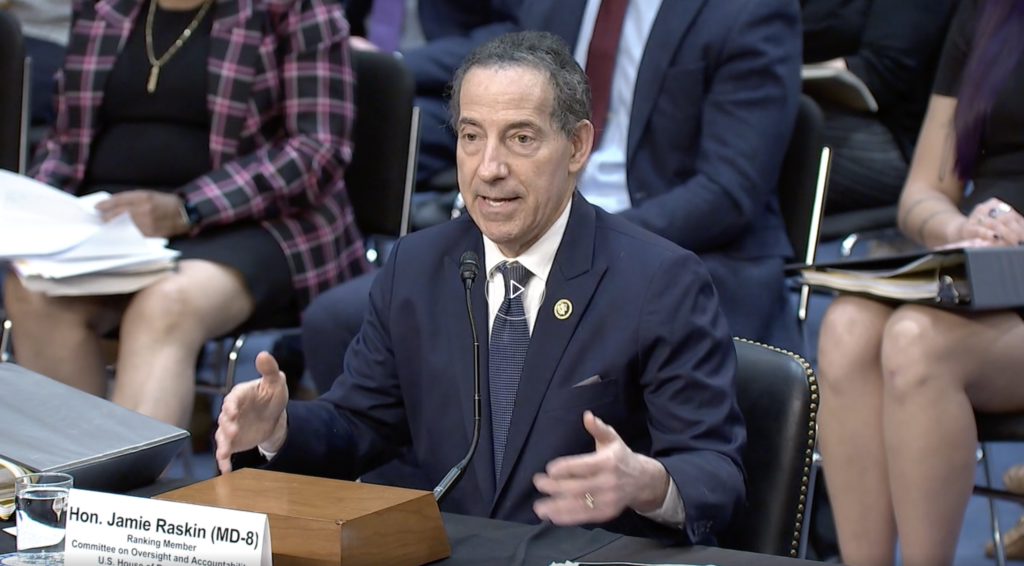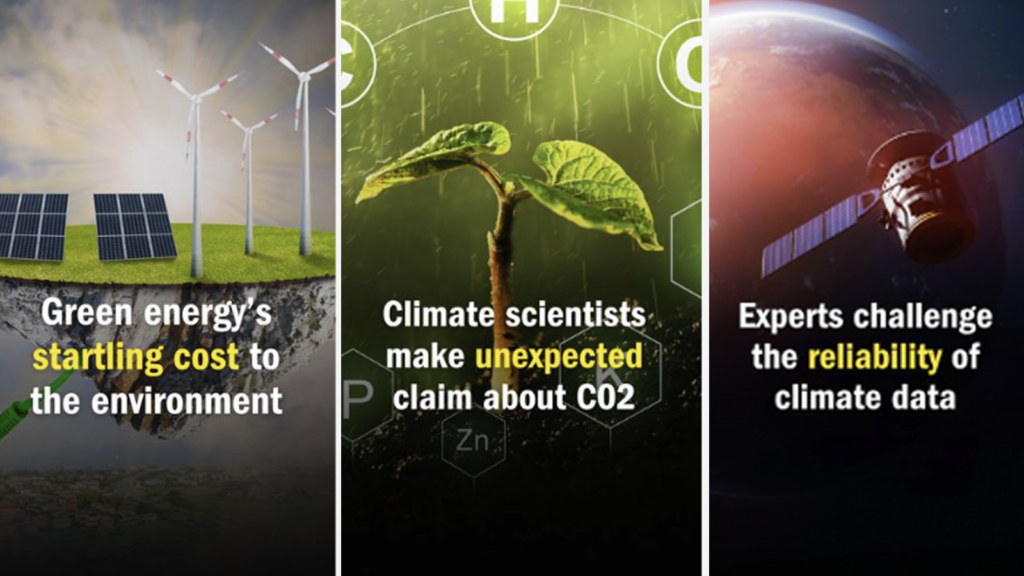The House Appropriations Committee is currently debating a spending bill that would set America back decades when it comes to energy policy and environmental protection. The 2015 Energy and Water Development, and Related Agencies Appropriations bill will designate money to everything from nuclear waste cleanup to renewable energy investments, and the Appropriations Committee has made sure that neither of those particular items get the funding they need.
The bill, if passed by the full House, will cut $113 million from renewable energy projects, dropping the yearly total to $1.8 billion. This comes only a year after the Treasury Department was forced to cut renewable energy grants by more than 8% following last year’s sequester cuts. And while the current incarnation of the spending bill provides $150 million for nuclear waste disposal at the proposed Yucca Mountain nuclear waste site, it also presses the Obama administration to approve the project immediately.
While the bill itself is a slap in the face to renewable energy, the riders that some industry-funded politicians have added are a complete assault on environmental protections.
In order to combat what committee chairman Hal Rogers (R-KY) calls the attempt to “legislate through regulation,” one rider would limit the Environmental Protection Agency’s ability to enforce provisions of the Clean Water Act, allowing the dirty energy industry to get away with even more environmental destruction.
As described on the Appropriations Committee website:
The bill prohibits any changes to the definition of “fill material” and “discharge of fill material” for the purposes of the Clean Water Act.
The bill prohibits any changes to federal jurisdiction under the Clean Water Act.
A second rider, which Chairman Rogers fought valiantly to add to the spending bill, would prevent the U.S. Army Corps of Engineers from implementing new rules on the disposal of waste products from mountain top removal mining. According to The Hill, Rogers contends that the Corps of Engineer’s rules “would shut down coal mines throughout the country.”
Chairman Rogers has his reasons for wanting to exempt the coal industry from any new health standards, but those reasons are incredibly selfish. The mining industry is Rogers’ top campaign donor, lavishing him with more than $420,000 over the course of his career.
But Rogers isn’t playing favorites with the coal industry alone. His budget includes giveaways for the entire dirty energy industry. While he has no qualms about cutting renewable energy investment, he and his fellow Republicans actually increased the budget for fossil fuel research and development.
Chairman Rogers claims that his committee’s $34 billion budget proposal prioritizes “programs with the highest national need.”
But according to scientists, the Pentagon, and even some of the heaviest hitters in the corporate arena, addressing the dangers of climate change (and thereby reducing our dependence on fossil fuels) is one of the most important issues facing the country.
Subscribe to our newsletter
Stay up to date with DeSmog news and alerts






